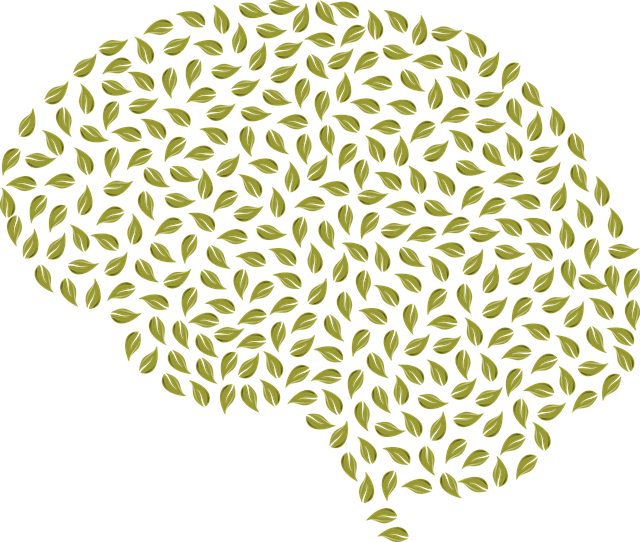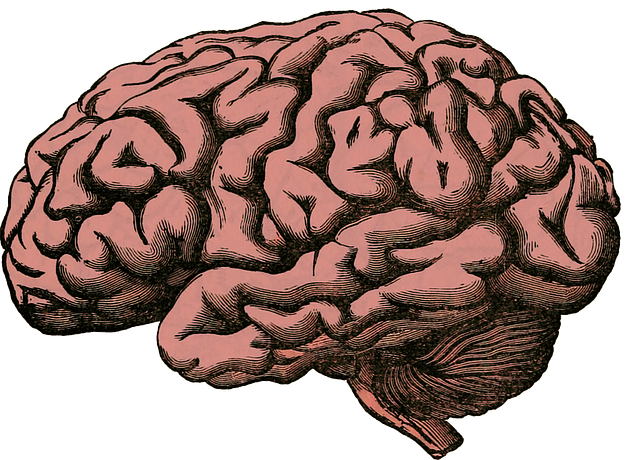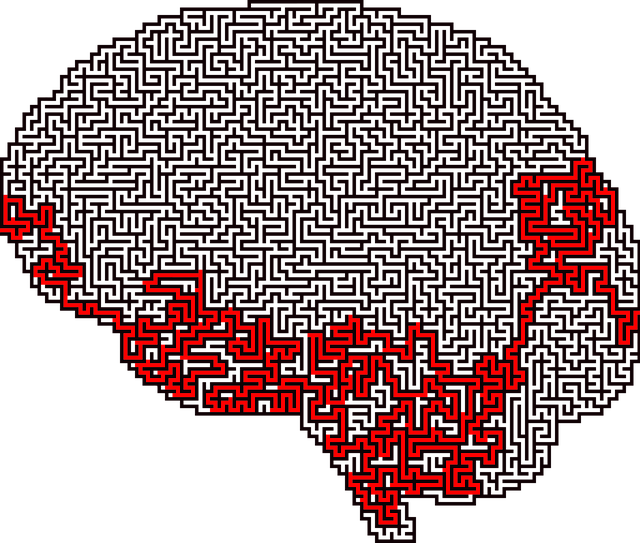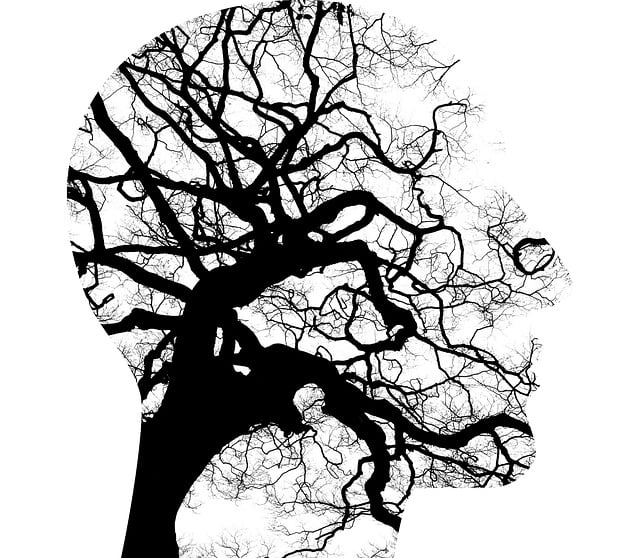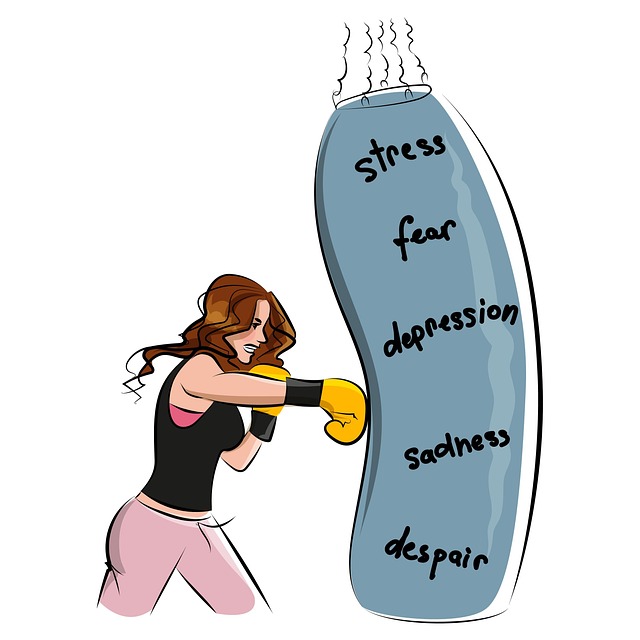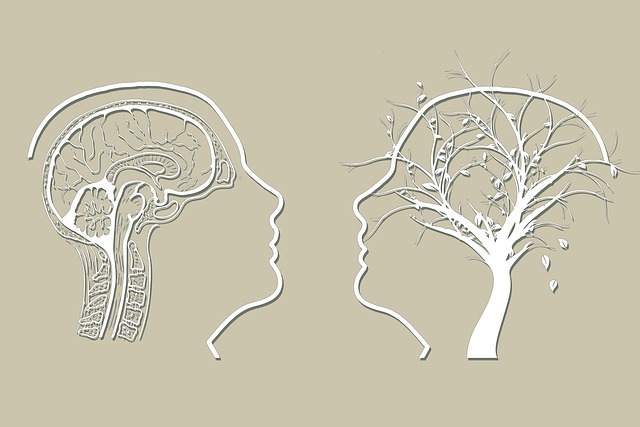Mental wellness app development leverages evidence-based practices like Broomfield Acceptance and Commitment Therapy (ACT) to support users' mental health, offering tools for stress management, mood tracking, and burnout prevention. These apps integrate robust risk assessment, sound psychological theories, and intuitive interfaces with ACT techniques such as cognitive defusion and values clarification to empower personalized self-care routines. By fostering mindfulness, acceptance, and commitment, these digital therapeutic tools provide accessible, consistent support, enhancing users' resilience through gamification and interactive exercises. Cultural sensitivity and features like guided meditation, cognitive reframing, tracking, and peer communication are crucial for creating supportive environments catering to diverse user needs.
In today’s digital age, mental wellness app development is revolutionizing access to therapeutic support. This comprehensive overview delves into the process of creating effective digital therapeutic tools, focusing on integrating Broomfield Acceptance and Commitment Therapy (ACT). By exploring key components like user-centric design and evidence-based practices, these apps foster mental health awareness and resilience. Understanding ACT’s role in app development empowers professionals to create tailored experiences addressing diverse mental wellness needs.
- Understanding Mental Wellness App Development: A Comprehensive Overview
- Integrating Broomfield Acceptance and Commitment Therapy (ACT) into Digital Therapeutic Tools
- Designing User-Centric Experiences for Effective Mental Health Support
Understanding Mental Wellness App Development: A Comprehensive Overview

Understanding Mental Wellness App Development involves grasping a complex yet powerful tool that leverages technology to support and enhance mental health and well-being. These apps, designed with the help of experts like those practicing Broomfield Acceptance and Commitment Therapy (ACT), integrate evidence-based practices into digital platforms, making therapeutic interventions more accessible and user-friendly. They cater to diverse needs, from stress management and mindfulness exercises to mood tracking and personalized coping strategies.
Comprehensive mental wellness app development requires a multifaceted approach. It involves not just designing intuitive interfaces but also integrating robust risk assessment tools, such as those used in Risk Assessment for Mental Health Professionals and Risk Management Planning for Mental Health Professionals. Additionally, these apps should be backed by sound psychological theories like ACT, ensuring the effectiveness of their interventions. The design process must also consider Mental Health Education Programs to equip users with a deeper understanding of their mental health and the tools to manage it effectively.
Integrating Broomfield Acceptance and Commitment Therapy (ACT) into Digital Therapeutic Tools

Integrating Broomfield Acceptance and Commitment Therapy (ACT) into digital therapeutic tools offers a promising approach to enhancing mental wellness. ACT focuses on cultivating acceptance, mindfulness, and commitment to valued actions, which can be effectively translated into interactive and engaging digital platforms. By incorporating techniques like cognitive defusion and values clarification, these apps can empower users to develop a self-care routine tailored for better mental health. This therapy type is particularly beneficial in Burnout Prevention Strategies for Healthcare Providers, as it promotes stress management by helping individuals disengage from negative thought patterns and reconnect with their personal goals.
Digital tools incorporating ACT can provide accessible and consistent support for mental wellness, making self-care more manageable and less intimidating. They offer a discrete and flexible way to practice mindfulness and acceptance, allowing users to navigate life’s challenges with greater resilience. Through gamification, personalized feedback, and interactive exercises, these apps cater to diverse learning styles, ensuring that the core principles of ACT are not only understood but also internalized for lasting behavioral change in Stress Management.
Designing User-Centric Experiences for Effective Mental Health Support

In developing a mental wellness app, creating user-centric experiences is paramount to effectively supporting users’ mental health. This involves understanding and designing intuitive interfaces that cater to individual needs and preferences. By incorporating elements of Broomfield Acceptance and Commitment Therapy (ACT), the app can enable users to develop psychological flexibility and mindfulness, crucial components in managing stress and anxiety. User research should guide feature prioritization, ensuring that tools like guided meditation, cognitive reframing exercises, and tracking mechanisms are tailored to diverse user profiles.
Effective mental health support goes beyond individual therapy; it involves cultivating a supportive environment. Integration of communication strategies, such as secure messaging and community forums, facilitates peer-to-peer connections, fostering a sense of belonging. Additionally, incorporating evidence-based stress reduction methods, like progressive muscle relaxation or mindfulness techniques, empowers users to take an active role in their mental wellness. Cultural sensitivity in mental healthcare practice is also essential; the app should be designed with an inclusive approach, respecting diverse cultural beliefs and values to ensure its relevance and effectiveness for a global user base.
In conclusion, mental wellness app development is a burgeoning field that leverages technology to support users’ mental health. By integrating evidence-based approaches like Broomfield Acceptance and Commitment Therapy (ACT), developers can create effective digital therapeutic tools. A user-centric design approach ensures these apps provide personalized experiences, catering to individual needs. As the demand for accessible mental health solutions grows, understanding these key components is essential for developing impactful and engaging mental wellness applications.
